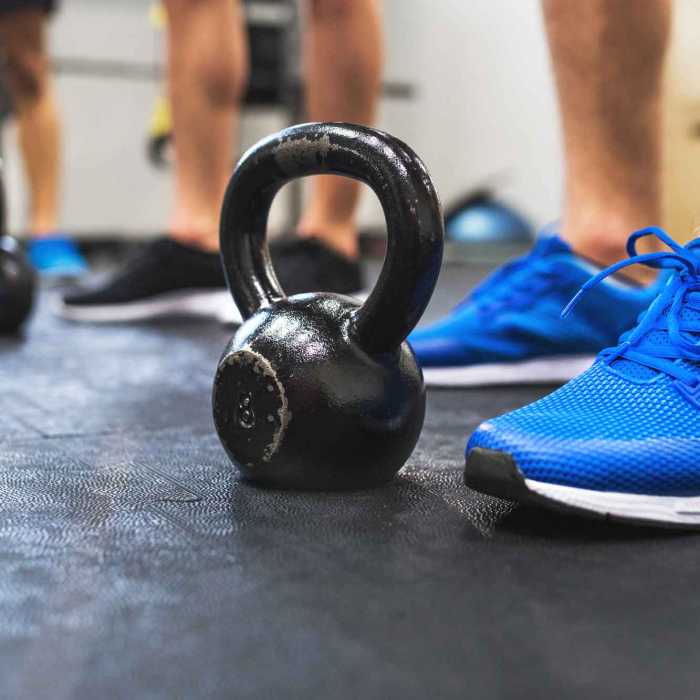What is the Achilles Tendon?
Online Glossary / Quick Reference
The fibrous cord that connects the muscles of the calf to the heel bone.
About Achilles Tendon
The Achilles tendon, also known as the calcaneal tendon, is the thickest and strongest tendon in the human body. It connects the gastrocnemius and soleus muscles of the calf to the calcaneus, or heel bone. This tendon is crucial for various movements, including walking, running, and jumping, as it allows the foot to push off the ground with force.
The name "Achilles tendon" is derived from Greek mythology, where Achilles was a warrior whose only vulnerable spot was his heel. Anatomically, this tendon withstands significant stress during physical activities, bearing loads up to several times an individual's body weight. The Achilles tendon functions by transmitting the force generated by the calf muscles to the foot, enabling powerful and efficient movements.
Injuries to the Achilles tendon are common, particularly among athletes and active individuals. These injuries can range from inflammation (tendinitis) to partial or complete ruptures. Achilles tendinitis often results from overuse, improper footwear, or sudden increases in physical activity. A rupture typically occurs during activities that involve sudden acceleration or deceleration, such as sprinting or jumping.
Preventing Achilles tendon injuries involves proper conditioning, stretching, and strengthening exercises for the calf muscles. Wearing appropriate footwear and gradually increasing activity levels can also reduce the risk of injury. Treatment for Achilles tendon injuries may include rest, physical therapy, and in severe cases, surgical intervention to repair the tendon.
















